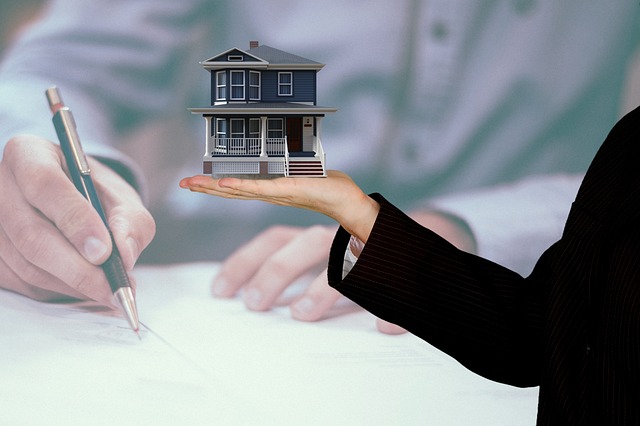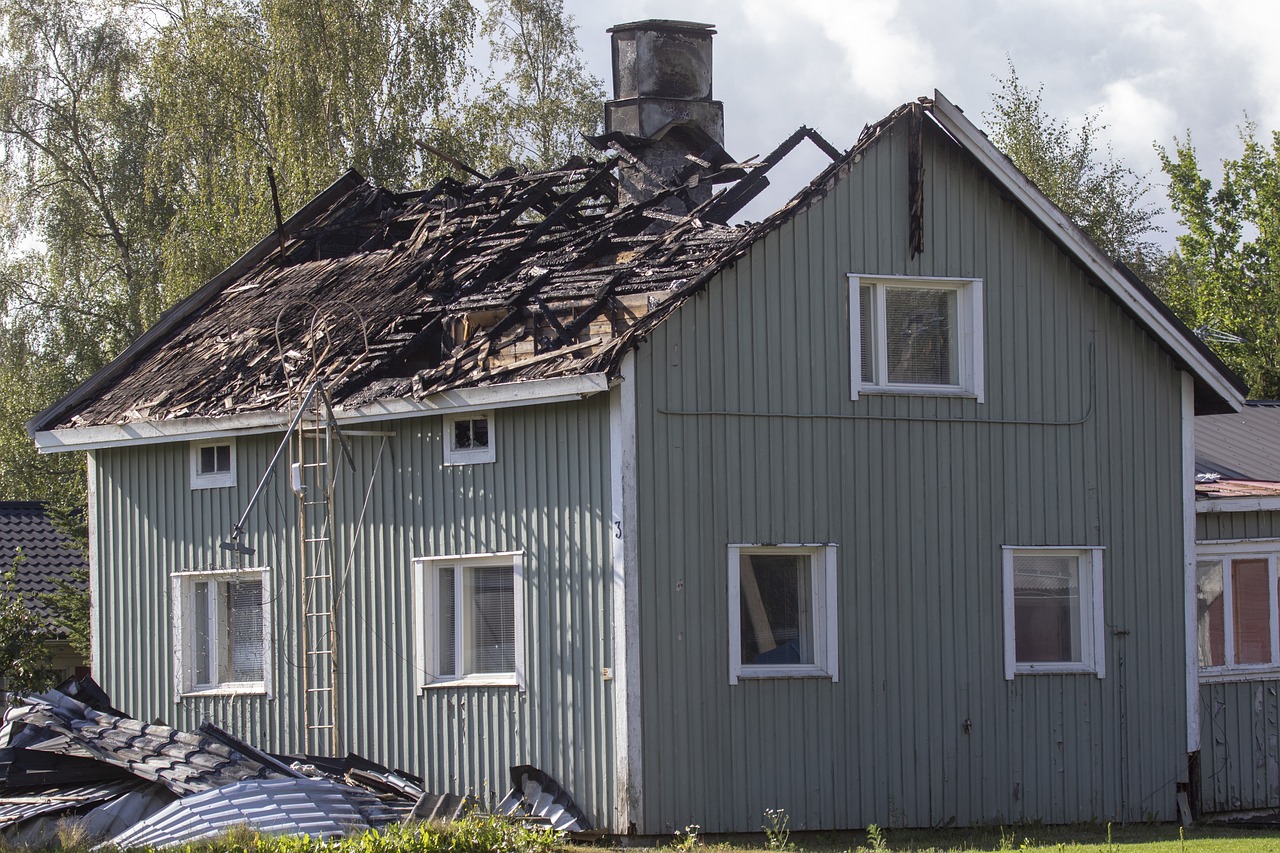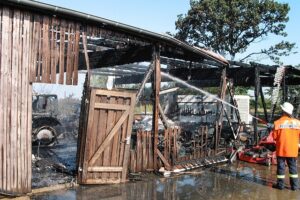Fire damage can be a devastating experience for homeowners. Beyond the immediate safety concerns and emotional toll, it can also have a significant impact on the value of a property. There are also Quick Sale for Fire Damaged Houses and other ways for homeowners to recover their financial losses due to fire damage, but it’s still important to understand the impact that a fire can have on real estate values. In this article, we’ll explore how fire damage affects property value, helping homeowners and potential buyers better understand what to expect when dealing with fire-damaged homes.
The Immediate Effects
The immediate aftermath of a fire can be a harrowing experience. Flames, smoke, and water used to extinguish the fire can all wreak havoc on a property. These factors can result in visible damage, such as charred walls, soot-covered ceilings, and waterlogged floors. Such visible damage is an immediate red flag for potential buyers and can significantly reduce a property’s market value.
Structural Damage Matters
One of the key factors influencing the impact of fire damage on property value is the extent of structural damage. If the fire has compromised the structural integrity of the home, repairs can be extensive and costly. Buyers are often wary of properties with structural issues, which can lead to a further decrease in value.
Location and Local Real Estate Market
The location of a fire-damaged property plays a crucial role in determining its value. In a hot real estate market, properties tend to sell quickly, even if they have suffered fire damage, as buyers may see potential in the property. However, in a slower market or a neighborhood with an abundance of available homes, the impact on property value can be more significant.
The Extent of Damage and Cleanup Costs
The severity of fire damage can vary greatly. Some fires may cause only minor cosmetic damage, while others can result in extensive destruction. The cost of cleanup and restoration is closely tied to the extent of the damage. More extensive repairs can reduce the property’s value due to the financial investment required to make it habitable again.
Insurance Coverage and Repairs
Homeowners with comprehensive insurance coverage may have an advantage when it comes to repairing fire damage. However, even with insurance, deductibles and the potential for increased premiums can affect the overall financial impact. Understanding the insurance claims process and the extent of coverage is essential for homeowners.

Buyer Perceptions and Disclosure
Buyers often have reservations about purchasing fire-damaged properties. It’s crucial for sellers to be transparent about the history of fire damage and any repairs made. Honest disclosure can build trust with potential buyers and mitigate some of the concerns associated with fire-damaged homes.
In Conclusion
Fire damage can undoubtedly impact the value of a property, but the extent of that impact depends on various factors, including the severity of the damage, location, and local real estate conditions. For homeowners considering selling a fire-damaged property, it’s essential to weigh the costs of repair against the potential selling price and market conditions.…




 2.Decide on the location
2.Decide on the location